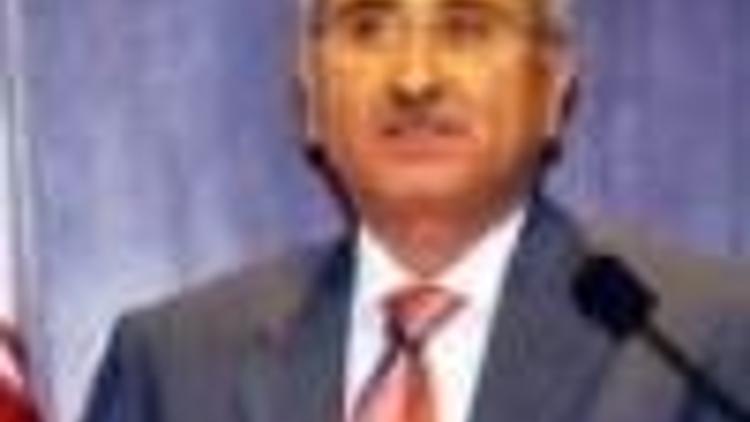Turk CB plans rate rise against relaxing fiscal discipline
Güncelleme Tarihi:

Turkey's move to cut its primary surplus target means an ease of the fiscal discipline, the governor of the Turkish Central Bank said on Saturday, signaling it could raise interest rates to cushion the effects of this decision.
"Lowering the primary surplus target to 5.5 percent from 6.5 percent or to 4.5 percent from 5.5 percent represents an easing in fiscal policy. Mathematically that is what it tells us," Yilmaz told a meeting in Istanbul at the weekend. �
Turkey cut its primary surplus target, the anchor of the country's budget performance, for 2008 from 4.2 percent of GNP to 3.5 percent.
"The monetary policy implemented by the central bank cannot be successful on its own against inflation. This policy can only be successful if it is supported by tight fiscal policy... Fiscal discipline must continue. If there is an easing here, the central bank will give its reaction through interest rates" he was quoted as saying by newspapers.
Durmus also said if there are signs of an easing in the fiscal policy, then the central bank would not hesitate to react.
"If we see an easing in (fiscal discipline), then the central bank will show its reaction through interest rates. However this reaction would be gradual, measured, and rational. So that we try to ensure that inflation expectations are in line with the target," he added.
Meanwhile, the central bank released its overview report on
"Besides, ongoing uncertainty resulting from the global economy has the potential to further restrain disinflation. Accordingly, the CBT envisages a framework in which it takes more than two years to reach the 4 percent inflation target," the report said.
The report highlighted that processed food inflation accelerated further on the back of rising global demand and elevated agricultural commodity prices and that against this backdrop, the central bank raised its assumptions for food inflation to 13 percent for the year 2008 and 8 percent for the year 2009.
As a result, the central bank has made upward revisions in its forecasts, by about 1.2 points for 2008 and 1.1 points for 2009, the report said.
Photo: Selcuk Senyuz

